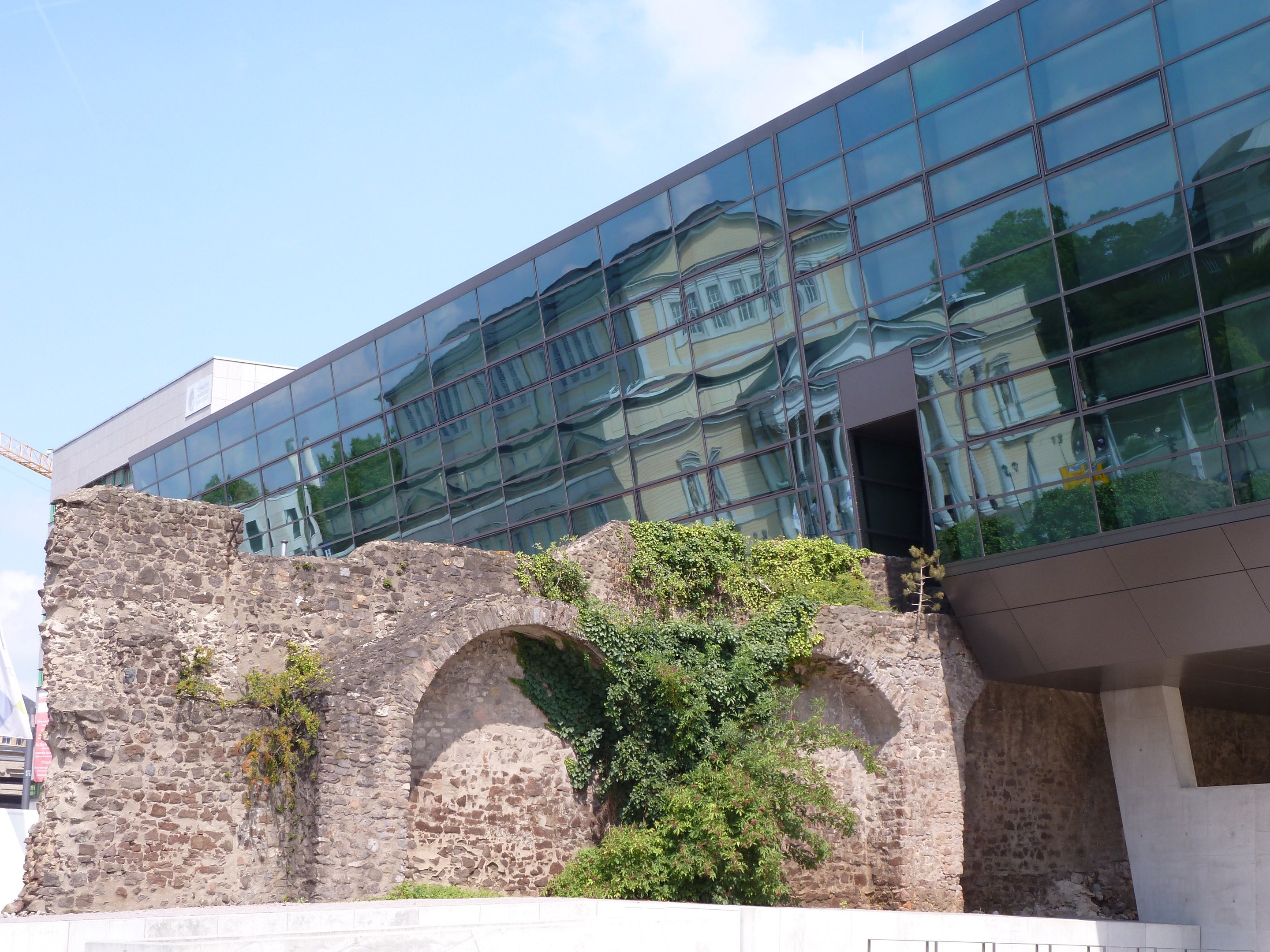Setting technical standards is one area in which ESA experts work ‘behind the scenes’ to ensure full European participation in space. This is the sort of long-term yet hugely valuable work that enables, say, an ESA ground station to track a NASA mission (and vice versa).
The Consultative Committee for Space Data Systems (CCSDS) was formed in 1982 by the major space agencies of the world to provide a forum for discussion of common problems in the development and operation of space data systems. It is currently composed of eleven member agencies, twenty-eight observer agencies, and over 140 industrial associates.
The fall meeting will take place in Darmstadt, hosted by ESA, 9-12 November 2015.

Darmstadtium event hall and conference centre, Darmstadt, Germany. Credit: G. Schneider CC BY-NC 2.0 via https://www.flickr.com/photos/geralds/4916131705/
Since its establishment, CCSDS has been actively developing Recommendations for data- and information-systems standards to promote interoperability and cross support among cooperating space agencies, to enable multi-agency spaceflight collaboration (both planned and contingency) and new capabilities for future missions. Additionally, CCSDS standardization reduces the cost burden of spaceflight missions by allowing cost sharing between agencies and cost-effective commercialization.

Discussion: no comments